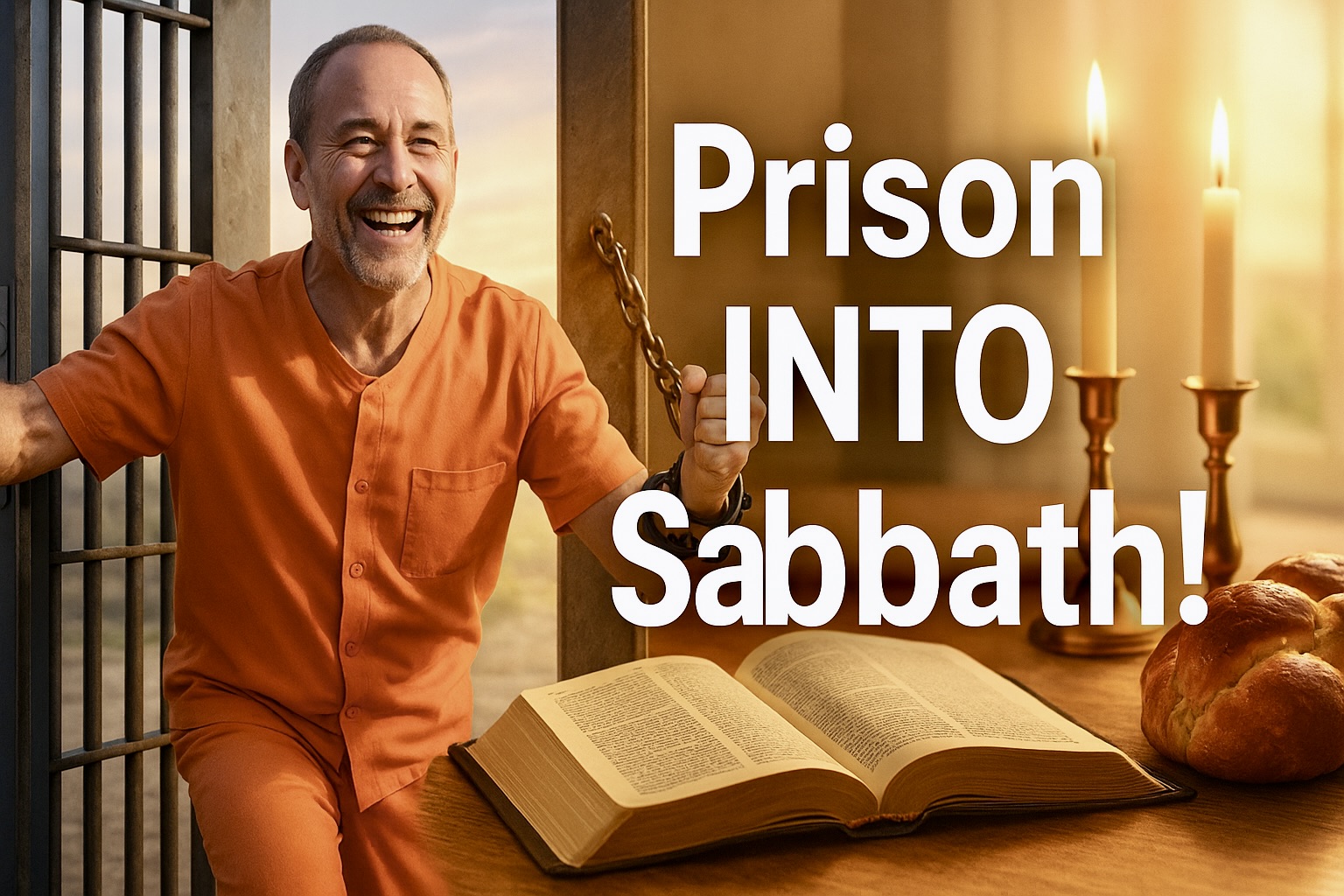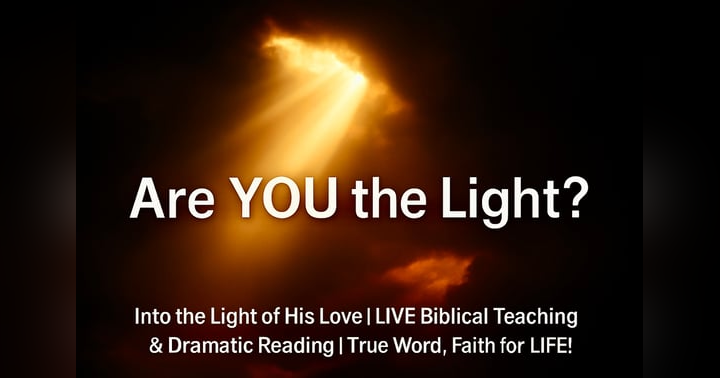Grace and the Fourth Commandment: Did Jesus End the Sabbath or Restore It?

Grace and the Fourth Commandment: Did Jesus End the Sabbath or Restore It?
What if Sabbath was never about earning salvation? What if it was God’s weekly gift of covenant love — given not to make us righteous, but because He has already redeemed us?
Many have been told that Jesus ended the Old Covenant and that Sabbath-keeping is legalism or even the “curse of the Law.” But when we read Scripture in its Ancient Near Eastern context, we find a different story — one where grace and obedience are not enemies, and where Yeshua’s own life makes the Sabbath more beautiful, not less.
Grace First, Then Covenant Living
In the Bible’s covenant order, rescue always comes first. God brought Israel out of Egypt before giving the Torah. This pattern matters: we do not keep the commandments to become God’s people — we keep them because we already are His people.
Romans 7:12 says the Law is holy, righteous, and good. Psalm 119 delights in it. The Sabbath is not presented as a burdensome ritual but as a creation gift (Genesis 2:2–3) and a covenant sign forever (Exodus 31:16–17).
Jesus and the Sabbath
Far from abolishing the Sabbath, Yeshua kept it perfectly — not to earn righteousness, but because it is the rhythm of His Father’s Kingdom. In Matthew 5:17–19, He makes it clear: He did not come to abolish the Law or the Prophets, but to fulfill them — to bring them to their fullness. Hebrews 4:9 reminds us, “There remains, therefore, a Sabbath-keeping for the people of God.”
Misread Passages
Verses like Colossians 2:16–17, Hebrews 8:13, and Ephesians 2:14–15 are often used to argue the Sabbath is obsolete. But in their historical and linguistic context, they speak of man-made barriers, the record of our sins, and the old priestly system — not the eternal commands of God. The “curse of the Law” is the penalty for sin, not the Law itself (Galatians 3:13).
Why This Matters Today
We live in a postmodern Western evangelical culture that often reads the Bible through a lens the original authors would not recognize. This “Western Evangelical Eisegesis” flattens covenant into contract, grace into license, and obedience into legalism. But the biblical pattern is grace first, then Spirit-empowered loyalty.
The Sabbath is not about earning God’s love. It is a joyful response to His love — a weekly rehearsal of the Kingdom and a taste of the eternal rest to come.
Want the full teaching?
In this Sunday's episode of True Word, Faith for LIFE!, (3 PM EDT) I walk verse-by-verse through the most cited “anti-Sabbath” passages, unpack their Ancient Near Eastern context, and show how Shabbat fits perfectly with the New Covenant in Messiah.
Watch or listen here: [TWFFL YouTube Channel!]
Get the full Scripture notes by sending me a message with the microphone on the lower right, or the Contact page!
Shalom b’Shem Yeshua
© 2025 Dr. Shawn M. Greener. All rights reserved.





